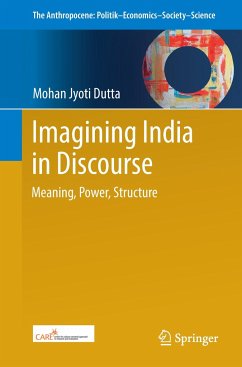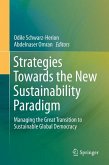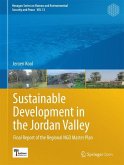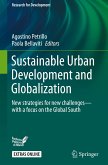The economic liberalization of India, changes in global structures, and the rapid emergence of India on the global landscape have been accompanied by the dramatic rise in popular, public, and elite discourses that offer the promise to imagine India. Written mostly in the future tense, these discourses conceive of India through specific frames of global change and simultaneously offer prescriptive suggestions for the pathways to fulfilling the vision. Both as summary accounts of the shifts taking place in India and in the relationships of India with other global actors as well as roadmaps for the immediate and longer term directions for India, these discourses offer meaningful entry points into elite imaginations of India. Engaging these imaginations creates a framework for understanding the tropes that are mobilized in support of specific policy formulations in economic, political, cultural, and social spheres. Connecting meanings within networks of power and structure help make sense of the symbolic articulations of India within material relationships.
Bitte wählen Sie Ihr Anliegen aus.
Rechnungen
Retourenschein anfordern
Bestellstatus
Storno








